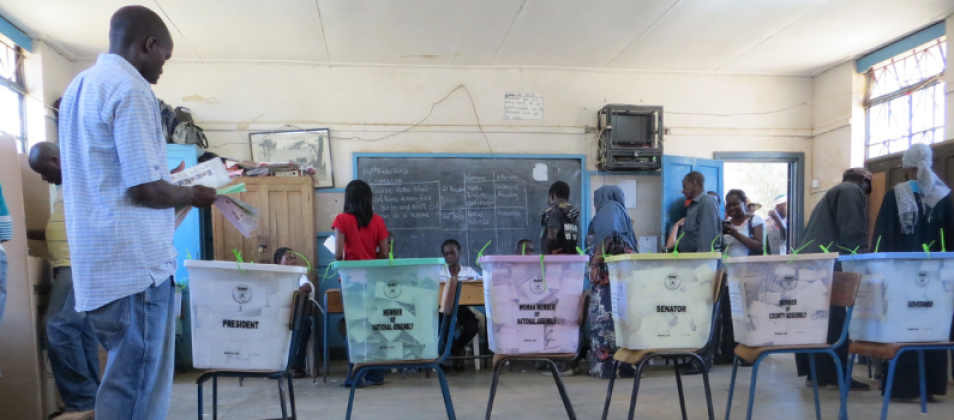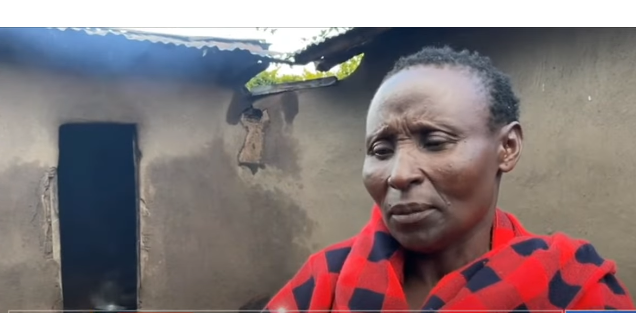A new poll has revealed that only 20 per cent of Kenyans have confidence in the integrity of the upcoming 2027 General Election, raising concerns over public trust in the electoral process just two years ahead of the vote.
The survey, conducted between May 2 and 6, 2025, covered nine regions across the country—Central Rift, Coast, Lower Eastern, Mt Kenya, Nairobi, Northern, Nyanza, South Rift, and Western. A total of 2,024 respondents were interviewed via phone in both Kiswahili and English, using contacts obtained through previous face-to-face household-based interviews. The poll has a margin of error of ±2.17 per cent.
The results, released on Wednesday, May 7, paint a worrying picture of voter sentiment. While 20 per cent of respondents expressed full confidence in the credibility of the 2027 polls, an additional 21 per cent said they were “somewhat confident.” Nine per cent were uncertain, while the rest expressed varying degrees of doubt.
Among those who believe the next election will not be free and fair, political interference (30%) and corruption or voter bribery (29%) were the most cited concerns. Another 23 per cent pointed to a lack of trust in the Independent Electoral and Boundaries Commission (IEBC), while seven per cent mentioned violence and insecurity.
A smaller number—two per cent—feared that candidates, including the incumbent president, may not accept defeat, while another two per cent raised concerns about potential technology failures.
The findings also show that perceptions of past elections heavily influence expectations for 2027. Of those who believe the upcoming elections will be credible, 33 per cent think all of the last three presidential elections produced valid results.
In contrast, 10 per cent of those who doubt the fairness of 2027 believe none of the past three elections were legitimate.
The report highlights a strong link between trust in future electoral processes and historical perceptions of past polls: “Looking forward to the next elections in 2027, there is a clear correlation between expectations of its integrity and views about the validity of the last three official presidential election results.”
As the country heads toward another critical electoral cycle, the findings underscore the urgent need for electoral reforms, transparency, and confidence-building measures by institutions like the IEBC to restore public trust.






